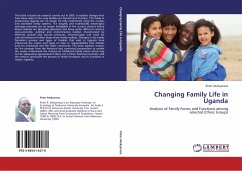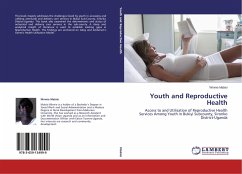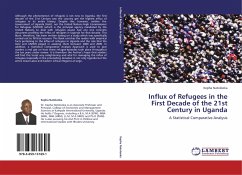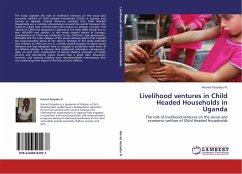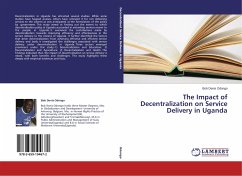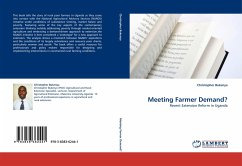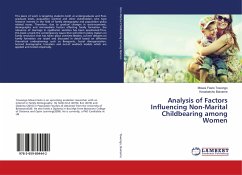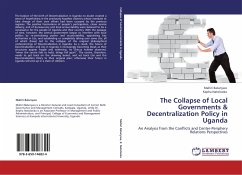This book is based on research carried out in 2000. It explains changes that have taken place in the way families are formed and function. The family in present-day Uganda can no longer be fully understood using the nuclear and extended family systems. The lengthy and traditionally meaningful marriage processes are no longer intelligible in the current context where blood relatives are physically separated and living under different cultural, socio-economic, political and environmental realities characterized by different societal and security pressures. Intermarriages and need for cultural tolerance further shape these family realities. Changes in the family formation process and types of families that exist in Uganda have influenced the nature and types of roles or responsibilities that families have for individuals and the wider community. The book explains reasons for the changes from the historical and contextual perspectives to enable the reader understand the richness of traditional family values which may not be adequately appreciated if taken out of their historical contexts; and the need to rationalize the process of family formation and its functions in today s Uganda.
Bitte wählen Sie Ihr Anliegen aus.
Rechnungen
Retourenschein anfordern
Bestellstatus
Storno

